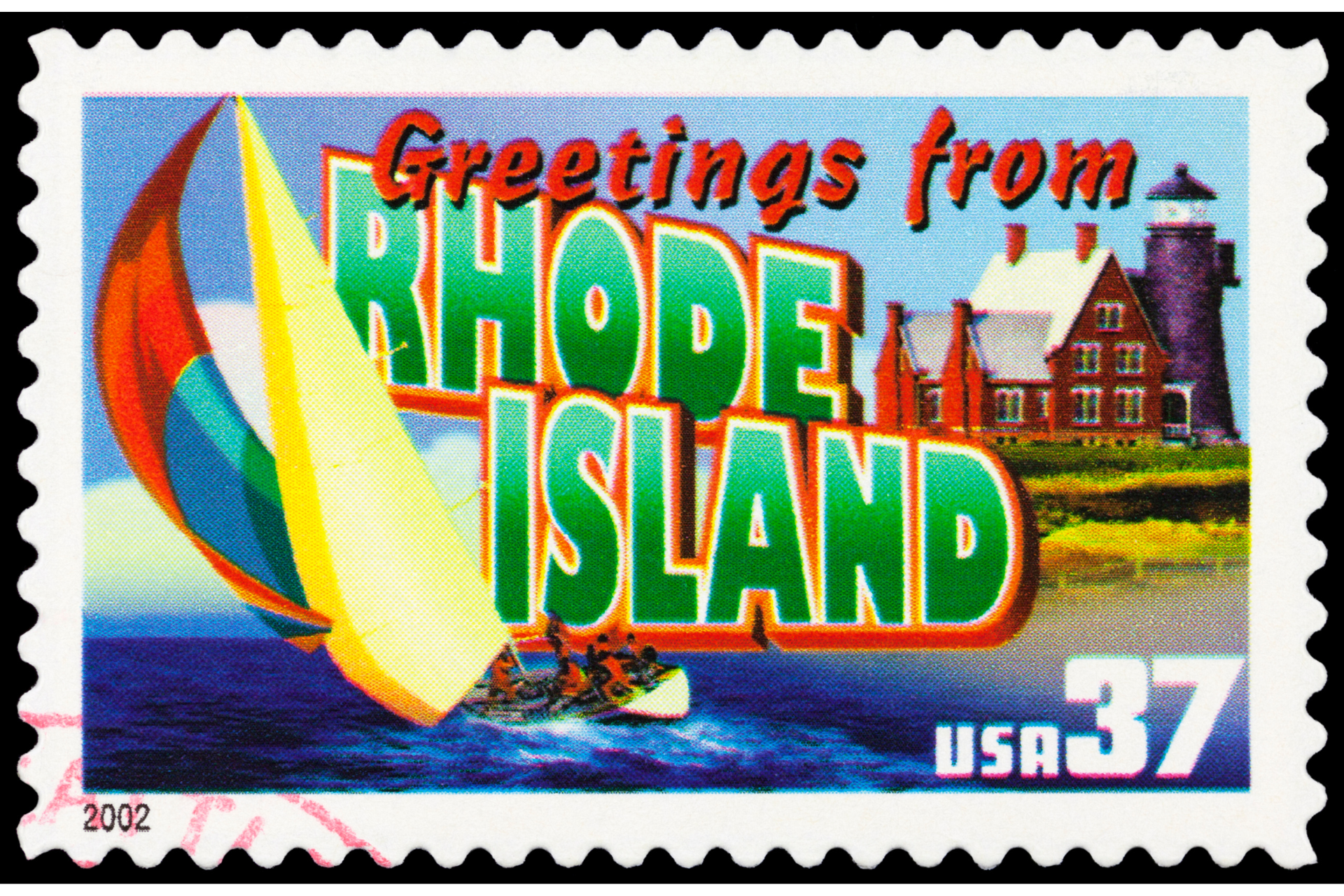When considering Puerto Rico’s political status, there’s been some focus on possible ramifications for U.S. citizens who were born in Puerto Rico but living in states when the territory becomes a new nation. But former Attorney General Richard Thornburgh brought up another point in his 1991 testimony before Congress: what would happen to current residents of Puerto Rico who were born in states?
The right to remain in Puerto Rico
A “new Republic of Puerto Rico would be able to restrict citizenship,” explained Thornburgh to the Senate Energy and Natural Resources Committee, “rendering deportable United States citizens living in Puerto Rico (perhaps for a number of years) who were not born on the island.”
Thornburgh, who led the United States Department of Justice at the time, elaborated on this point:
“[W]e strongly oppose allowing dual citizenship for the entire Puerto Rican population. Allowing approximately 3.4 million Puerto Ricans to maintain a dual citizenship differs fundamentally from the isolated cases of individual dual citizenship that the United States currently tolerates.”
He then continued in testimony that is now widely available on the United States Department of State’s website:
“Overall, we seriously doubt whether the creation of an independent nation-state whose population consists almost entirely of United States citizens is in the interests of the United States.”
The then-Attorney General then went into specifics:
“Such an arrangement potentially could lead to significant United States intervention in Puerto Rican affairs in the exercise of the President’s responsibility to protect the safety, rights, and welfare of U.S. citizens abroad.”
U.S. Attorney General Thornburgh concluded by advocating for a provision in the proposal then pending before Congress “to protect the rights of United States citizens who wish to continue to reside” in a newly sovereign Puerto Rico by securing, if possible, their ability to acquire Puerto Rican citizenship.
Restrictions on Puerto Rican citizenship?
People born in a state have permanent U.S. citizenship under the Constitution. What they don’t have is permanent Puerto Rican citizenship. And they may need – or at least want – Puerto Rico citizenship if they find themselves living in a new nation of Puerto Rico.
Thornburgh asked that it be made clear before a referendum on Puerto Rico political status whether people born in a state but living in Puerto Rico would automatically become Puerto Rico citizens, and whether they could hold dual citizenship.
Puerto Rican immigration laws
Even if these citizens choose to continue living in Puerto Rico following independence, Puerto Rico immigration laws could complicate their lives.
A new nation of Puerto Rico would have complete control of its own laws on immigration.
Often, when a change of nationality takes place, residents are given some measure of time during which they can declare whether they want to maintain their previous citizenship. This was true for Puerto Rico when it came under U.S. sovereignty; anyone who wanted to keep Spanish citizenship could simply make a declaration of that intention. However, the details of any plan like this would be up to the new nation of Puerto Rico.
Puerto Rico could require constitutional U.S. citizens to go through a naturalization process to become Puerto Rico citizens. They could be required to leave Puerto Rico and apply for Puerto Rico citizenship from a state. According to the former U.S. Attorney General, they may end up reconsidering their U.S. citizenship if they wanted to have Puerto Rico citizenship.
Perhaps U.S. citizens who had lived for some time in Puerto Rico would be allowed to stay, but without Puerto Rico citizenship. In the United States, legal non-citizen residents can be deported if they commit a crime or if they are unable to support themselves. A transplant to Puerto Rico from Florida with a criminal record — perhaps a DUI, drug conviction, or other nonviolent infringement — could be deported. There might be other triggers for deportation, as there are in the United States. It is not possible for voters to know ahead of the planned status referendum what the consequences might be.
Puerto Rico immigration law could discriminate
Puerto Rico could also set its own rules for U.S. citizens wanting to live in Puerto Rico. Currently, the territory of Puerto Rico offers amazingly generous tax incentives to people from the mainland who care to live — even part-time — in Puerto Rico. This is not a universally popular idea. Many Puerto Ricans believe that this decision leads to gentrification which makes it harder for local people to continue living in their communities.
A Republic of Puerto Rico could crack down on the Act 60 residents, either by refusing citizenship to people who did not meet specific regulations (for example, marriage to a person born in Puerto Rico or employment in a business owned by an individual from Puerto Rico) or by establishing limits for non-citizens. Those who chose not to give up their U.S. citizenship might not be allowed to live permanently in Puerto Rico. It would be possible for Puerto Rico to deport “leftover” Americans, expropriate their property, or give preferential treatment to businesses owned by people born in Puerto Rico. Non-citizens might be ineligible for benefits or might have trouble getting a driver’s license. The protections of the U.S. Constitution will not be relevant to Puerto Rico law in a sovereign nation of Puerto Rico.
Updated on July 16


